Who are the Shark Tank India sharks?
After poor renditions like MTV Dropout and The Vault, India has finally got the real deal: Shark Tank.
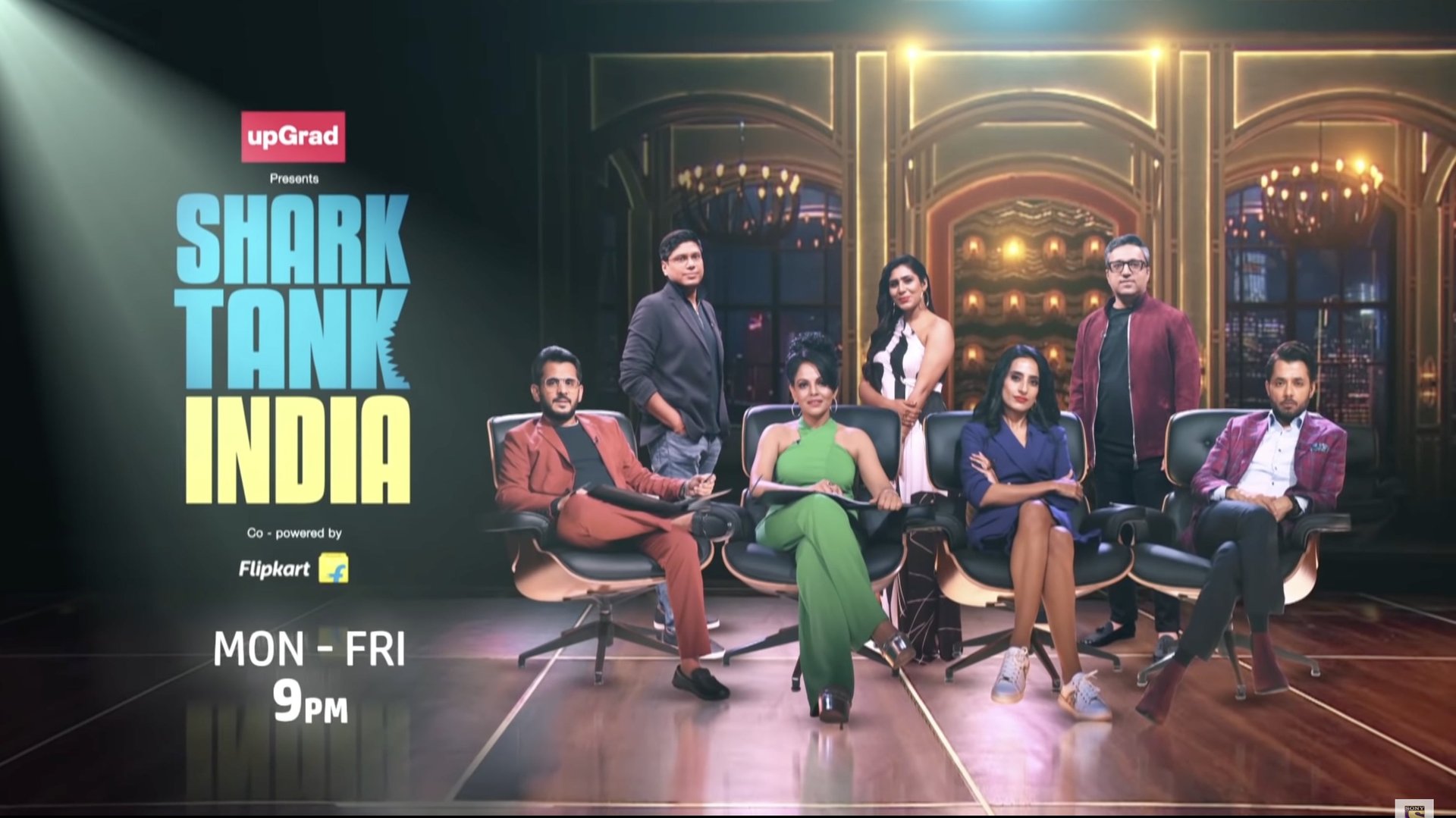

After poor renditions like MTV Dropout and The Vault, India has finally got the real deal: Shark Tank.
Launched in 2001 as Tigers of Money in Japan by Nippon TV, the format was adapted as Dragon’s Den in 2005 in the UK. The show premiered in the US as Shark Tank in 2009 and now, by its 13th season, is the world’s top-ranked business reality show.
It began airing in India on Dec. 20, 2021, on Sony and its app SonyLIV. And it’s neither too little nor too late.
In less than a month, Shark Tank India has become the talk of the town. A treasure trove of meme-able content, the 30-episode season is giving entrepreneurs in the world’s third-largest startup ecosystem access to platforms, investors, and funds like never before.
Of course, India doesn’t match the US’s scale yet. For context, the wealthiest “shark,” or investor, in the American edition is Mark Cuban, the tech entrepreneur who become a billionaire two decades ago and is now worth $4.2 billion. None of the Indian judges is a billionaire yet.
Still, the illustrious panel of Indian judges includes some of the country’s top business leaders, armed with years of experience and wisdom in this market.
Who are the Shark Tank India judges?
Ashneer Grover
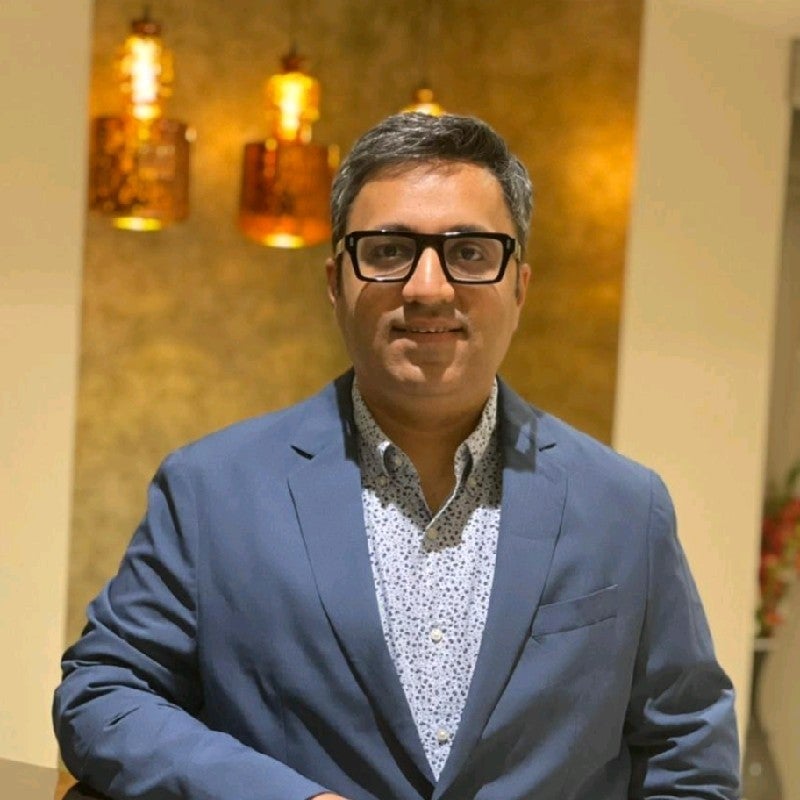
Grover is the founder of payments platform BharatPe, which was worth $2.85 billion in August 2021. Earlier, Grover was the chief finance officer of grocery upstart Grofers (now Blinkit). For over a decade before that, he held senior positions in Kotak Bank and American Express, gathering extensive investing experience. The 39-year-old has backed more than 55 startups in his career, including craft beer brand BIRA, gaming startup Nazara, and health food firm The Whole Truth.
Anupam Mittal
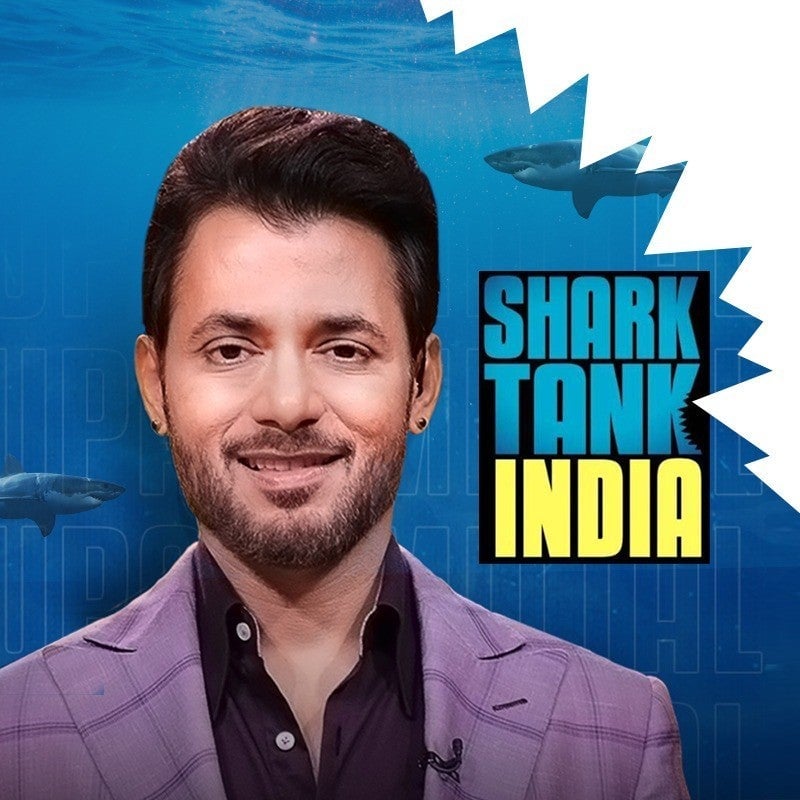
Back in 1996, Mittal founded matrimonial site Shaadi.com. Two-and-a-half decades later, around 30 million people use the platform. Since then, he has set up People Group and launched realty portal Makan.com, and mobile media company Mauj. The 50-year-old has backed diverse startups such as mobility firm Ola, electric vehicle charging platform ElectricPe, fitness training site Burncal, and B2B building materials marketplace Yojak.
Aman Gupta
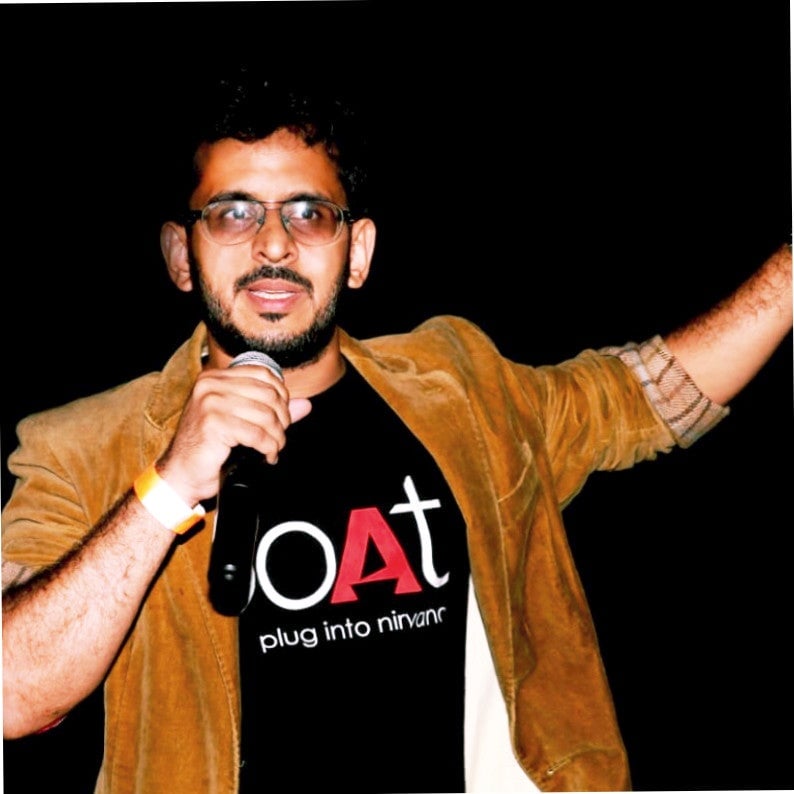
The co-founder of boAt, a $295 million personal audio equipment brand based out of Delhi, turned investor only recently but has been building a robust portfolio. In 2021 alone, Gupta, 39, invested in four startups: logistics firm Shiprocket, food brands WickedGud and Anveshan, and 10club, which buys small e-commerce companies and grows them.
Vineeta Singh

Singh, 37, co-founded SUGAR Cosmetics, a $100 million brand sold in more than 2,500 retail stores in over 130 cities across India.
Namita Thapar
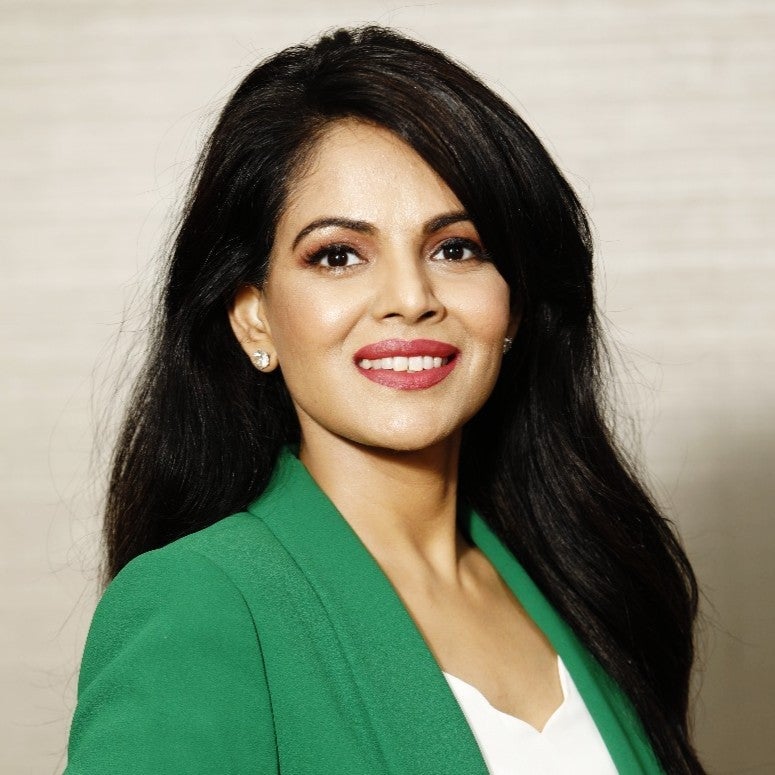
Thapar is the CEO of Emcure Pharmaceuticals, which is eyeing a Rs 4,000 crore ($536 million) IPO. The 44-year-old is also the founder and CEO of Incredible Ventures, an education company that aims to instil entrepreneurship in children aged between 11 and 18. She is also a member of the India regional advisory board at Duke University’s business school Fuqua.
Ghazal Alagh
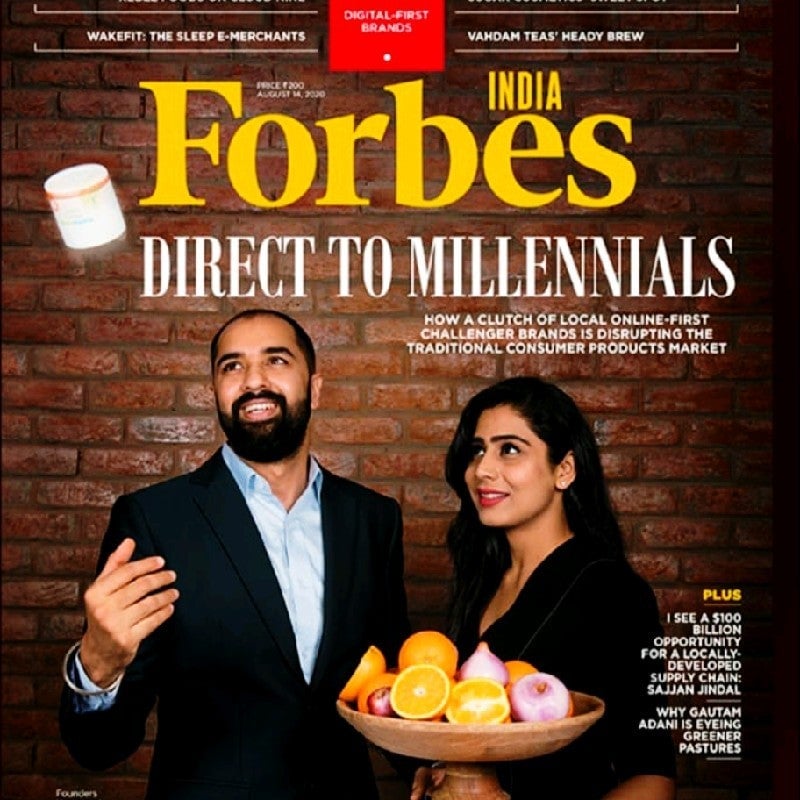
In 2016, Alagh, 33, along with her husband Varun, co-founded Mamaearth, which makes chemical-free skin, hair, and baby care products. The company became India’s first unicorn of 2022, reaching a valuation of $1.2 billion. It is funded by Bollywood actress Shilpa Shetty and marquee investor Sequoia Capital India.
Peyush Bansal

Thirty-six-year-old Bansal’s online prescription eyewear business Lenskart was worth $2.5 billion six months ago. After its next funding round, it’s reportedly looking at a $5 billion valuation. Before Shark Tank, he invested in employee engagement platform inFeedo and lifestyle brand dailyobjects.com.
Changing India’s startup scene
India’s startup scene mostly constitutes the “brotherhood” rooted in the coveted Indian Institutes of Technology (IIT) and Indian Institutes of Management (IIM). Besides being elite educational institutions, these campuses are also rarefied networking hubs.
Women are few in the fraternity, constituting a mere 6% of all startup founders. To change this lopsided situation, representation is key. And this Shark Tank India panel serves that purpose well.
Three of its judges are IIT/IIM alumni. The male-female ratio is a respectable 4:3.
Given that the English language has long been a barrier to securing funds, the show itself is in Hindi, India’s most widely spoken first and second language. It is likely that more innovators have successfully pitched their ideas since the show has already reached a bigger audience than any English-language show.
“When I was first approached for the show, I was clear that I would participate if we can make entrepreneurship a dinner-time conversation for every family,” Mittal, one of the judges, wrote on LinkedIn. “If we can break through the ‘Angrezi’ (English) startup barrier and make it a show for the ‘aam aadmi’ (common man). Fortunately, the creators were aligned that the show needed to go beyond the elite and the small circle of IIT/IIM founders.”
The programme received 62,000 applications from across India, of which 198 companies presented their ideas to the “sharks.” This pool comprised a diverse set of candidates, according to stats shared by Mittal:
* 18% of the pitches were by couples .. #Coupleprenuers proud moment for People Interactive #Shaadi.com😊* 34% were by families .. #Fampreneurs
* An amazing 48% had a woman co-founder .. incredible #Womenpreneurs
* 22% had at least one co-founder below 25 yrs
* A 3rd of the pitches were non-metro and Tier 1 towns .. go #Bharatpreneurs
* Almost 40% of the cos started during #Covid #Covidpreneurs
* 70% of the cos had no previous funding 🤫
* Only 7% of founders had an IIT/IIM background .. yeah!